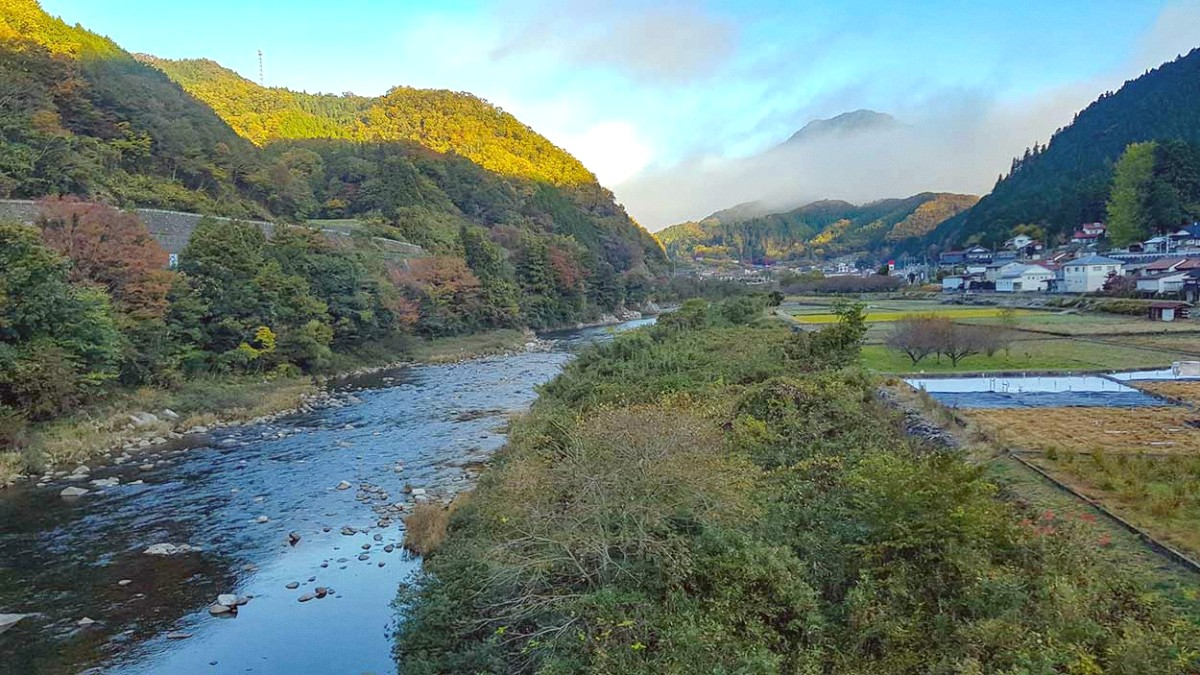
Japan
Prepaid data SIM cards or eSIMs are convenient for tourists. Purchase online or upon arrival.
English proficiency varies, but translation resources ease communication.
Japan Post offices are efficient and reliable for sending mail.
For consistent internet, consider renting a pocket Wi-Fi device or using an eSIM for your smartphone. Airalo for eSIMs and Solis Wi-Fi for portable devices.
Understand typical operating hours and holiday impacts in Hiroshima.
Generally open around 10:00 AM and close around 8:00 PM. Department stores may close slightly earlier.
Most convenience stores (7-Eleven, Lawson, FamilyMart) operate 24/7 for snacks or emergency items.
Lunch 11:30 AM-2:00 PM. Dinner from 5:00 PM, many close by 10:00 PM or 11:00 PM.
Museums and historical sites typically open 9:00/10:00 AM to 5:00/6:00 PM, with last entry 30-60 min before closing.
Traditional bank branches are Mon-Fri, 9:00 AM-3:00 PM. ATMs are more accessible.
Public holidays like Golden Week (late April/early May) and Obon (mid-August) lead to crowded transport and attractions. Book early during these times.
Bowing is common. For tourists, a slight nod of the head is sufficient.
Neat and modest attire is generally appreciated in most settings.
Tipping is not customary in Japan. Follow specific dining practices.
Be respectful and mindful of privacy when taking photos.
Dress modestly, remove shoes before entering temple buildings, and maintain respectful silence. Follow purification rituals carefully at shrines.
Japan continues to make strides in accessible infrastructure, especially in major cities.
Japan has improved accessibility in major cities and new infrastructure.
Many sites in Hiroshima have accessibility features.
Resources and infrastructure for sensory impairments.
Services to enhance the airport experience for frequent travelers.
The Japan National Tourism Organization (JNTO) website offers information and resources on accessible travel. Check specific venue websites for details.